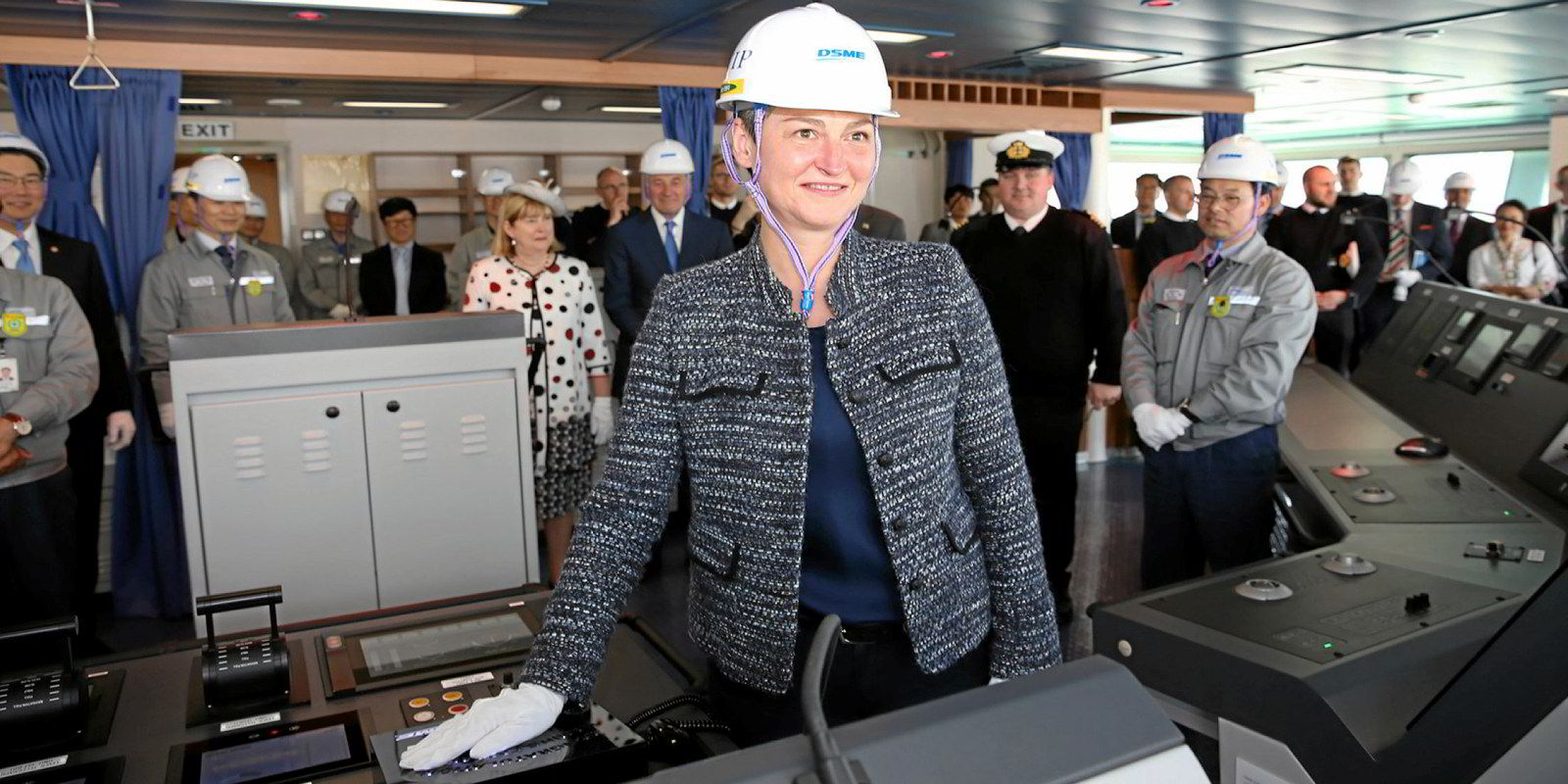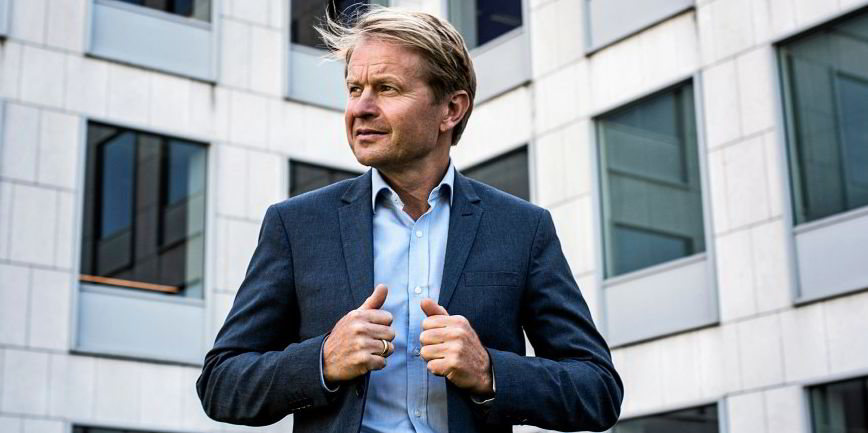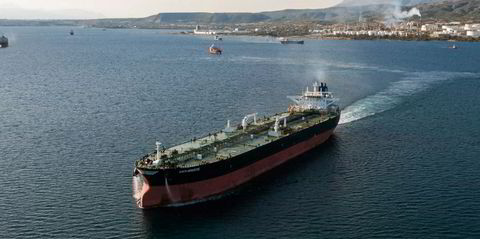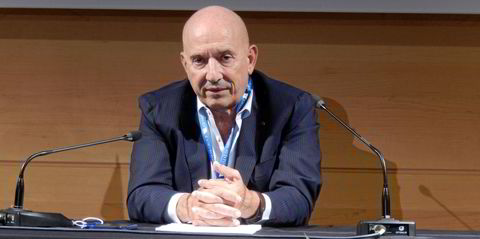BP and Maersk Tankers have completed trials using biofuel-blended marine fuel in two product tankers, which they say prove they can be used as a "drop-in fuel" to help cut carbon emissions.
B30 biofuel was tested on the 40,000-dwt Maersk Cirrus (built 2017) and 46,000-dwt Maersk Navigator (built 2016), which are on time charters to the energy major.
The product tankers sailed from Rotterdam to West Africa after being supplied with bp Marine B30 biofuel, consisting of 30% fatty acid methyl esters (FAME) blended with very low-sulphur fuel oil (VLSFO).
FAME is an alternative fuel largely produced from recycled cooking oils and renewable oil sources. It has physical properties similar to conventional diesel but is biodegradable.
Maersk Tankers commercially manages the largest tanker fleet in the world while at any one time BP, as a major fuel and lubricants supplier and operator and charterer of tankers, has around 300 ships on the water moving its products around the world.
The companies said they came together in the trials, which were supported by the Danish Maritime Authority as part of their contribution to decarbonising the shipping industry, which counts for around 3% of global carbon emissions.
No adverse effects to equipment or machinery were observed during or after the trials, they said.
Maersk Tankers chief executive Christian Ingerslev said the need to cut emissions is one of the most important challenges facing shipping.
"We are only able to rise to this challenge if we do it in partnerships and explore a multitude of solutions. With BP, we are combining our expertise to play our part in testing and making alternative fuels available."
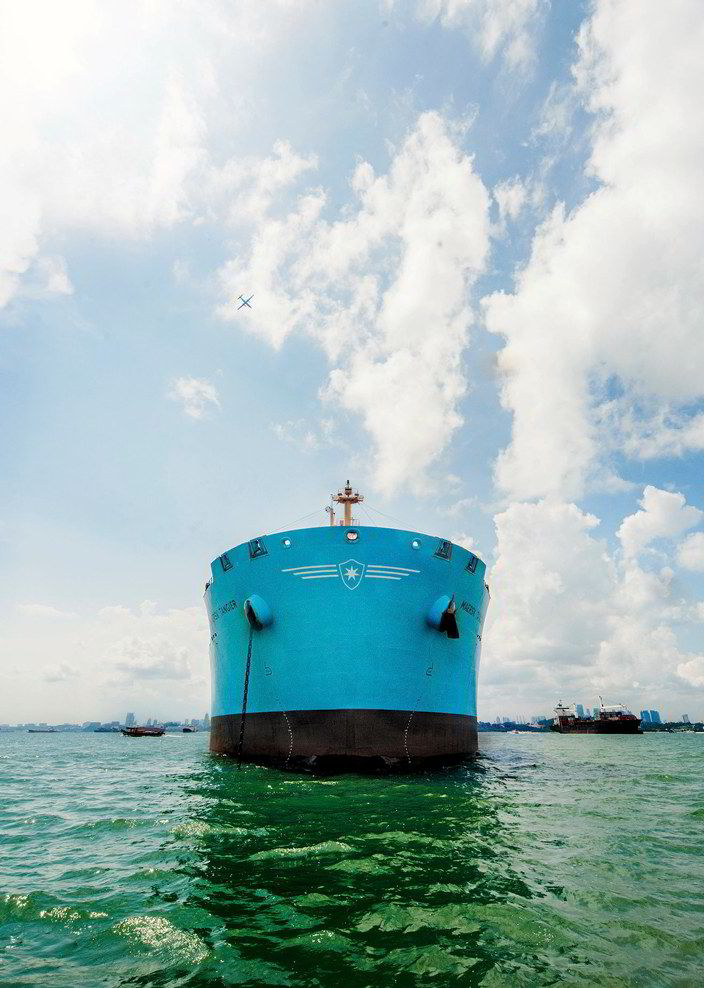
BP aims to regularly supply biofuel blends for their operated and time-charter vessels when they refuel in the Netherlands, subject to owners and flag-state approval.
Carol Howle, BP's executive vice president of trading and shipping, added: "With an ambition to be a net-zero company by 2050 and help the world get there too, it's vital we help decarbonise this hard-to-abate sector."
Throughout the trials, tests were carried out to assess the reliability and performance of the B30 biofuel blend in each ship’s main engine, auxiliary engine and boiler, and any impact on fuel tanks to determine the level of interchangeability with other fuel types. No modifications to the engine or infrastructure were required, the companies said.
The origination and production of the feedstocks used to produce FAME is certified for its sustainability to internationally recognised standards.
Maersk Tankers was sold by the AP Moller-Maersk group to the family-controlled AP Moller Holding in 2017, in a joint ownership deal with Japan's Mitsui & Co.
The tanker company said it is deploying solutions to help shipowners boost the economic and environmental performance of their vessels through its pools and industry-wide collaboration.
However, its strategy has differed from the publicly listed Maersk liner shipping group, which has largely espoused biofuels to move toward methanol and other hydrogen-based alternative low emission fuels.
